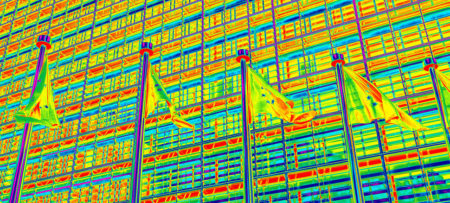
This article was originally published by the German Institute for International and Security Affairs (SWP) on 18 November 2016.
The election of Donald Trump raises justifiable concerns over how he will handle the crises and conflicts he inherits: war in Syria, conflict in Ukraine, tensions in the South China Sea, North Korean provocations and the fight against terrorism. Yet Germany and Europe – and policy-relevant research – must also examine the broader repercussions for international relations. The following five initial theses require deeper analysis.
A Defeat for Liberalism
Donald Trump’s victory represents a hard knock for the West’s normative bedrock of liberalism. Liberal values of the kind Chancellor Angela Merkel emphasised in her congratulatory message to the president-elect are on the defensive – first and foremost within the United States. Autocrats and supporters of various strands of illiberal democracy, like Putin, Erdogan or Orban, may feel vindicated and energised, while the EU will have to work harder to champion liberal democratic values. European states will inevitably see impacts on their external relations. Although Europe has shown little enthusiasm for talk of the “end of history”, both Europe and the United States have tacitly or explicitly assumed that the liberal democratic models will gradually win the day. Internationally, the EU member states must expect to hear increasing arguments that their form of liberal democracy is only one of several acceptable governance models. This could also have effects on international efforts to stabilise and rebuild fragile and failed states.




